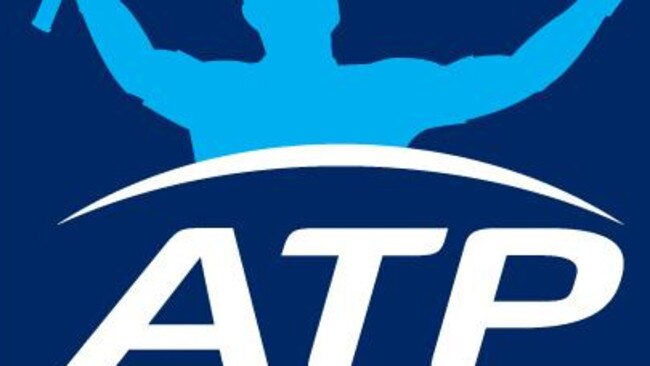Tsunami of match-fixing in lower-tier tennis
An independent probe into match-fixing has found there is a serious corruption problem in the lower-tiers of professional tennis.

An independent probe into match-fixing has found there is a serious corruption problem in the lower tiers of professional tennis, with one investigator describing it as a “tsunami”.
But the long-running investigation into alleged criminal behaviour in the sport found that although authorities had made mistakes or taken missteps, there was no evidence to suggest this constituted a cover-up.
The investigation, which was instituted after bombshell allegations of corruption overshadowed the 2016 Australian Open, found there were no systemic issues at grand slam level or on the ATP and WTA tours, but that the integrity of the sport was at risk given the issues at lower-level tournaments.
An independent review panel chaired by Adam Lewis QC, from Blackstone Chambers in London and also comprising Washington DC lawyer Beth Wilkinson and Marc Henzelin from Geneva has made a series of recommendations in an interim review.
They include a ban on sponsorship from betting companies and an end to gambling on matches played in lower-tier events, as well as bolstering the Tennis Integrity Unit (TIU).
But Lewis last night warned there was “no simple solution or panacea” and that fundamental change was required to weed out corruption in tennis.
In a press conference in London, he described the lower tiers of tennis as a “lamentably fertile breeding ground for breaches of integrity”.
Competitors in these tournaments, which are played on a regular basis in Australia and across the globe, compete for total purses as small as $15,000.
Yet betting is available on first-round matches in which competitors are playing for a few hundred dollars at events where there are no fans in attendances and the venues are substandard.
“The nature and extent of the integrity problems faced by tennis is serious and substantial,” Lewis said. “The nature of the game exposes it to manipulation.”
Lewis declared that tennis had tolerated “underperforming or tanking” for too long, which had played a part in corruption creeping into the sport.
The independent panel was highly critical of the decision to sell live scoring data for information from small tournaments for $92 million over five years.
It said this was a direct cause of an explosion in corruption-related problems in the sport, which resulted in an under-resourced TIU being overwhelmed by the scale of the alerts and cases it had to deal with.
The panel found 83 per cent of suspicious betting alerts related to matches involving men. It was critical of the ATP Tour’s failure to act on a previous report compiled in 2005 by Richard Ings, the former umpire and tour executive who subsequently headed ASADA.
Lewis said the ATP failed to properly follow up leads or investigate some matters as thoroughly as the body should have, citing instances in 2007 and 2008 as a problem.
It also said the TIU missed opportunities to follow the intelligence, compiled in part by Ings, when first instituted to police the sport.
It spent more than two years investigating corruption in tennis and the manner in which the impropriety was handled, among other things.
It was recently reported that the cost of running the wideranging inquiry had passed $30 million, but as ATP chief executive Chris Kermode said during the 2016 Australian Open, “it will cost what it costs”.
The governing bodies of tennis, which includes the ATP and WTA Tours, the International Tennis Federation and the four grand slam tournaments including Tennis Australia chair Jayne Hrdlicka, said they required time to consult and respond to the 12 recommendations.
They said they were pleased that there had been no evidence of institutional corruption or a cover-up and agreed in principal with the “package of measures and recommendations” proposed by the IRP.
“These include the removal of opportunities and incentives for breaches in integrity, the establishment of a restructured, more independent TIU, enhanced education, expanded rules, and greater co-operation and collaboration with the betting industry and broader sports community,” the statement reads.
“Each of these areas now needs detailed exploration and analysis. Our immediate priority is to provide the input requested by the IRP by carefully reviewing, considering and responding to the 12 recommendations put forward for consultation, ahead of publication of the Final Report.”



